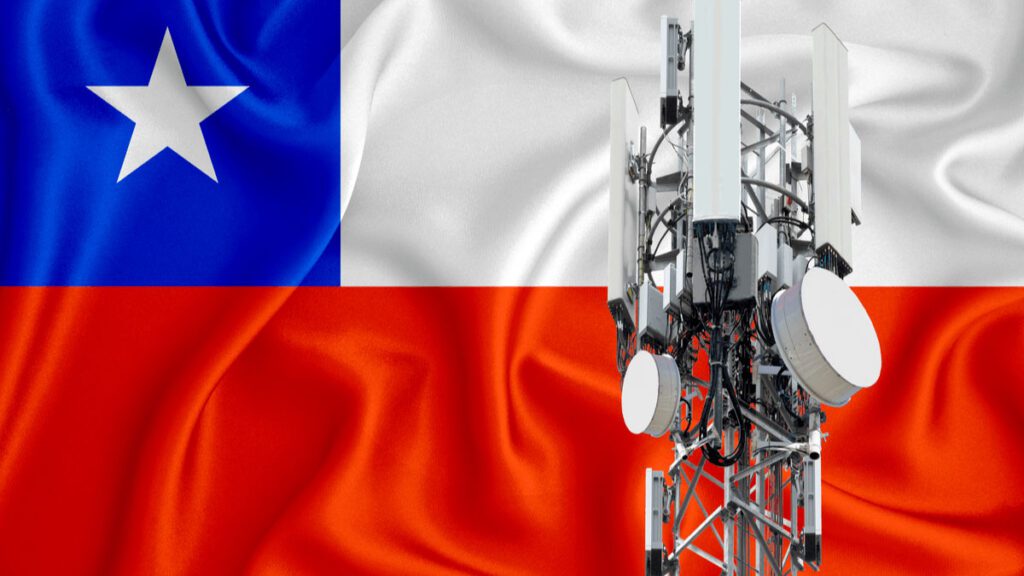Chilean operators deploy 5G networks as first Latin American nation

Ten months after acquiring 5G-compatible frequencies, Chile’s telecommunications regulator (Subtel) announced that Movistar (Telefonica), Entel, and WOM activated their fifth-generation networks.
President Sebastián Piñera and transport, communications minister Gloria Hutt and the Undersecretary of Telecommunications, Francisco Moreno, announced the activation of 5G in Chile, thus becoming the first nation in Latin America to have 5G nationwide, said a press statement.
The President assured that the 5G network would soon reach more than 90 percent of homes in Chile.
Movistar confirmed to BNamericas that base stations are operating and that deployment will proceed gradually and have about 400 5G sites enabled by January.
The company committed to having a 5G presence in all 16 regions by March 2022, deploying 1,500 base stations, with Nokia and Huawei providing the equipment.
Entel CEO Antonio Büchi said in a press release from the transport and telecommunications ministry (MTT) that 33 districts in the Metropolitan region, including Renca, La Pintana, Providencia, and downtown Santiago will have access to 5G.
Through the 5G Public Tenders, the Ministry of Transport and Telecommunications (MTT) through Subtel demanded that the winning telecommunications companies provide coverage at least 90 percent of the population territory, bringing technology closer to the different corners of the country.
Chile is the first country in the region to bid for spectrum for 5G, the South American country that has made an immense amount of spectrum available to bid (1,800 MHz).
The company claims to have 47,500 customers with 5G-compatible devices, and Entel committed a $230mn investment over three years in 5G infrastructure. More than 400 antennas will be in operation by year-end, and coverage will increase during 2022 and 2023 to reach 313 districts and all regions.
Movistar Chile was awarded five 10MHz blocks in the 3.5GHz band for 5G, paying $138mn, submitting the highest bid.
In addition, 366 localities will benefit for the first time with high-speed mobile Internet, and more than 300 thousand inhabitants of different localities will overcome digital inequality by helping from high-speed mobile voice and data.
